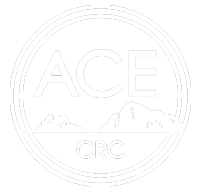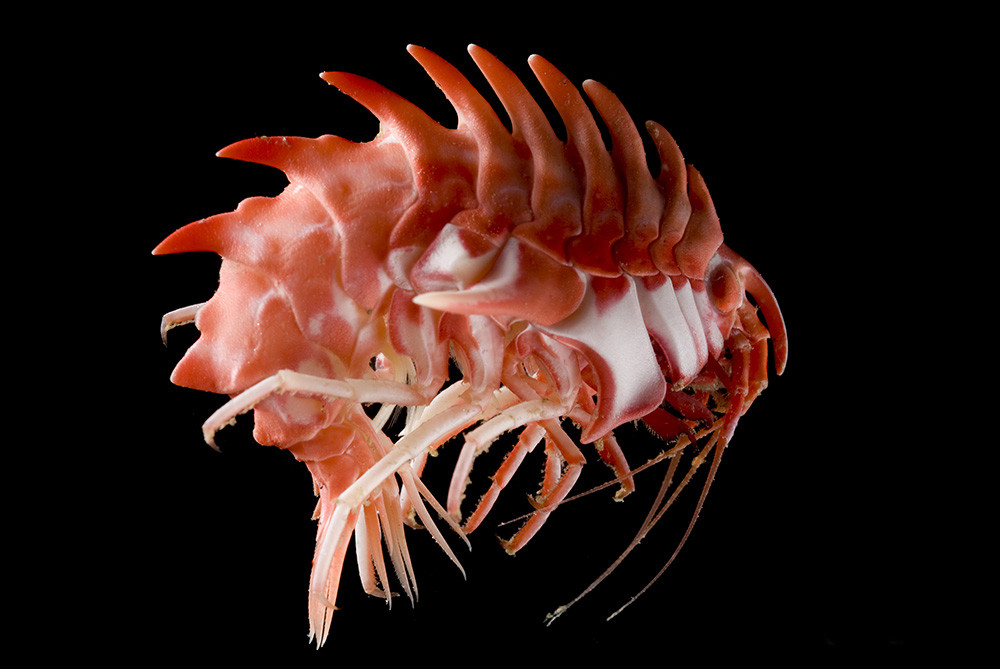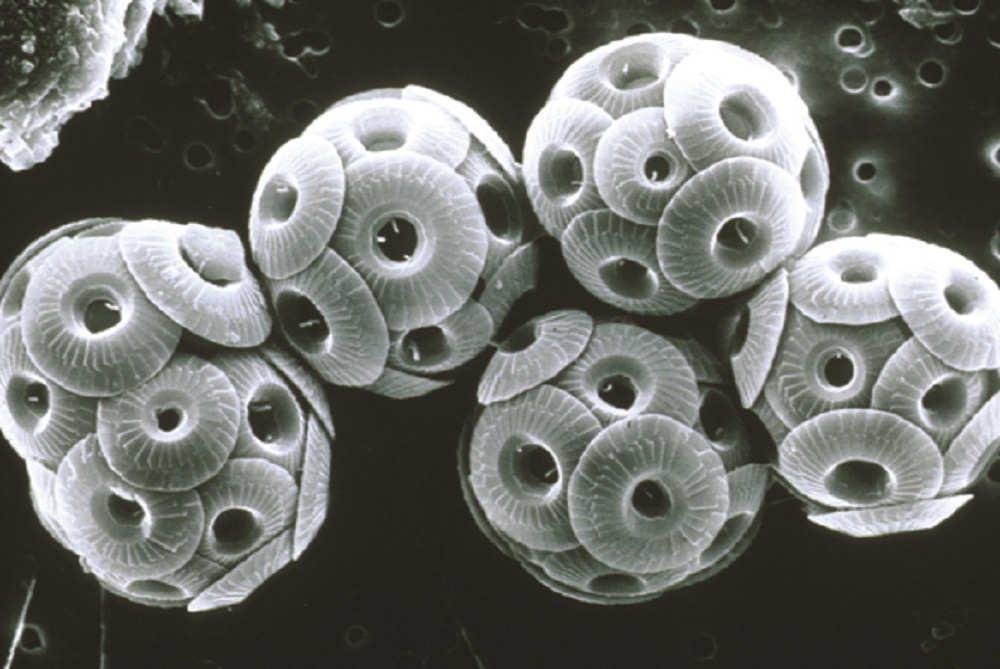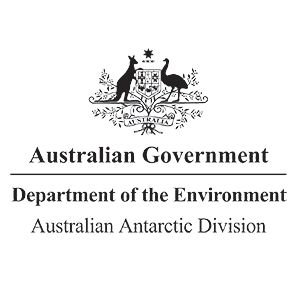Ecosystem Modeller
Dr Jess Melbourne-Thomas
Dr Jess Melbourne-Thomas is a Research Scientist with the Australian Antarctic Division and a Project Leader with the ACE CRC. In her work, she uses mathematical models of marine ecosystems to understand how these systems function and how they might respond to climate change and other human activities. She is highly engaged in the translation of science into decision-making.
Jess is a Lead Author for the Intergovernmental Panel on Climate Change (IPCC), was named Tasmania’s Young Tall Poppy of the Year in 2015 for her excellence in research, science communication and policy engagement, and was one of 30 Australian Superstars of STEM in 2017. She cofounded the Homeward Bound Program for women in science and leadership, which sent the largest ever all-female voyage to Antarctica and was a finalist in the Womens’ Agenda leadership awards for 2017. Jess was one of twelve women scientists to have her portrait featured as a constellation on the ceiling of New York’s Grand Central station, as part of GE’s Balance the Equation campaign. She was a Rhodes Scholar at the University of Oxford from 2003-2005.
social & academic profiles
Current Research
Dr Melbourne-Thomas leads ACE project R2.3 on Status and Trends in ecosystems. Her current research uses ecosystem models to simulate different future scenarios and to help determine what’s driving change in particular components of the system. These results can then inform where and how we might best coordinate and invest in further research and monitoring.
Links
Comprehensive publications list: University of Tasmania WARP
Selected Publications
Ward, D. F. L., S. Wotherspoon, J. Melbourne-Thomas, J. Haapkylä, and C. R. Johnson. 2018. Detecting ecological regime shifts from transect data. Ecological Monographs 21:165–22.
Mori, M., S. P. Corney, J. Melbourne-Thomas, A. Klocker, S. Kawaguchi, A. Constable, and M. Sumner. 2018. Modelling dispersal of juvenile krill released from the Antarctic ice edge: Ecosystem implications of ocean movement. Journal of Marine Systems 189:50–61.
Meyer, B., U. Freier, V. Grimm, J. X. R. Groeneveld, B. P. V. Hunt, S. Kerwath, R. King, C. Klaas, E. Pakhomov, K. M. Meiners, J. Melbourne-Thomas, et al. 2017. The winter pack-ice zone provides a sheltered but food-poor habitat for larval Antarctic krill. Nature Ecology & Evolution 1:1853–1861.
Melbourne-Thomas, J., A. J. Constable, E. A. Fulton, S. P. Corney, R. Trebilco, et al. 2017. Integrated modelling to support decision-making for marine social-ecological systems in Australia. ICES Journal of Marine Science. doi:1093/icesjms/fsx078
Melbourne-Thomas, J., S. P. Corney, R. Trebilco, K. M. Meiners, R. P. Stevens, S. Kawaguchi, M. D. Sumner, and A. J. Constable. 2016. Under ice habitats for Antarctic krill larvae: Could less mean more under climate warming? Geophysical Research Letters 43:10–322–10–327.
Constable, A. J., D. P. Costa, O. Schofield, L. Newman, E. R. Urban Jr, E. A. Fulton, J. Melbourne-Thomas, et al. 2016. Developing priority variables (“ecosystem Essential Ocean Variables” — eEOVs) for observing dynamics and change in Southern Ocean ecosystems. Journal of Marine Systems 161:26–41.
Constable, A. J., J. Melbourne-Thomas, S. P. Corney, K. R. Arrigo, C. Barbraud, D. K. A. Barnes, N. L. Bindoff, P. W. Boyd, et al. 2014. Climate change and Southern Ocean ecosystems I: how changes in physical habitats directly affect marine biota. Global Change Biology. doi:10.1111/gcb.12623.
Melbourne-Thomas, J., A. Constable, S. Wotherspoon, and B. Raymond. 2013. Testing paradigms of ecosystem change under climate warming in Antarctica. PLoS ONE 8:e55093.
Melbourne-Thomas, J., S. Wotherspoon, B. Raymond, and A. Constable. 2012. Comprehensive evaluation of model uncertainty in qualitative network analyses. Ecological Monographs 82(4):505-519.


























